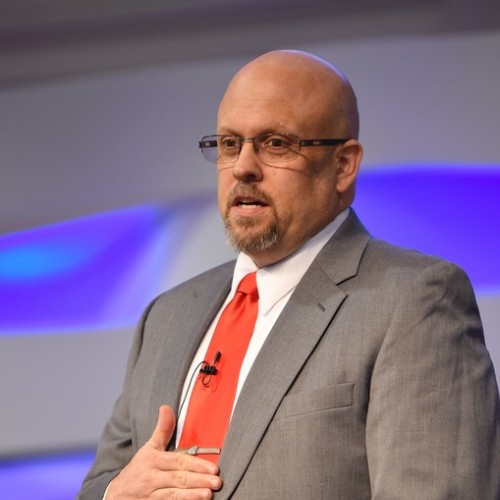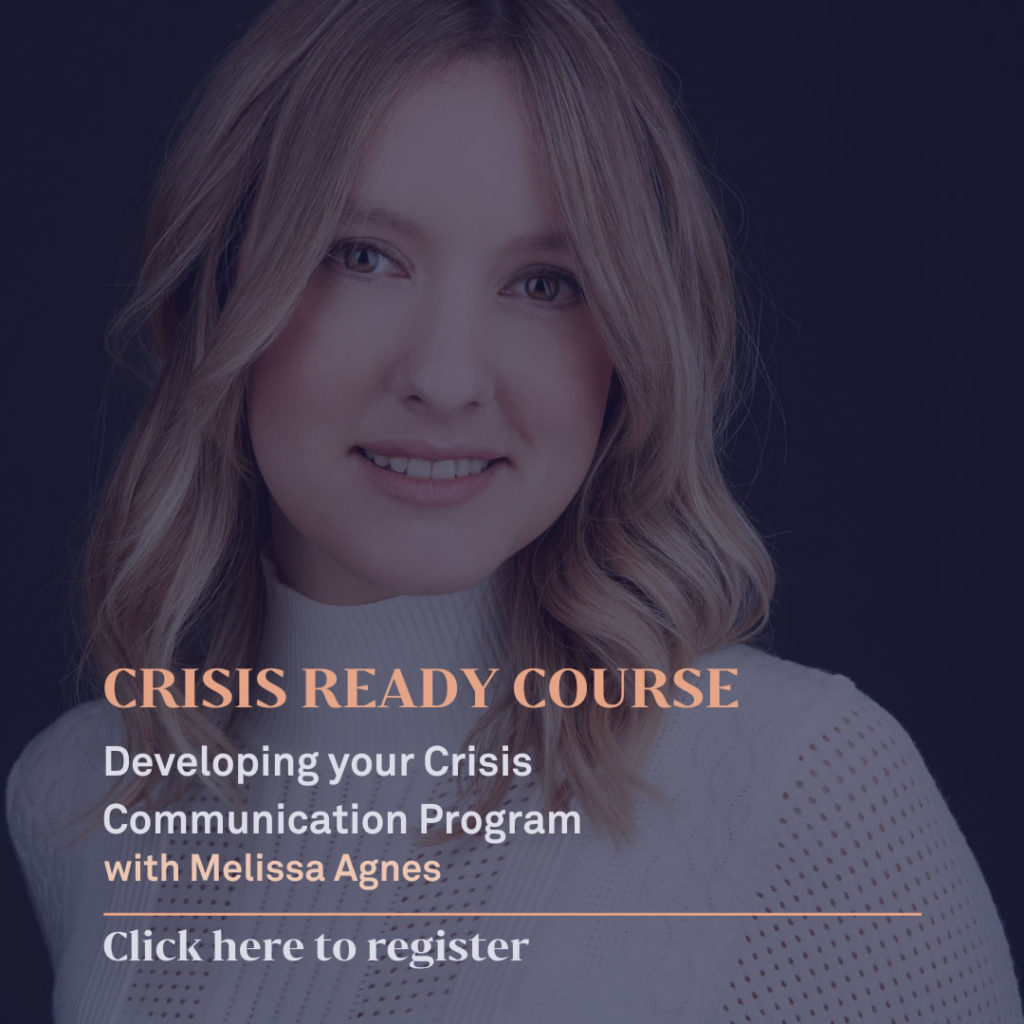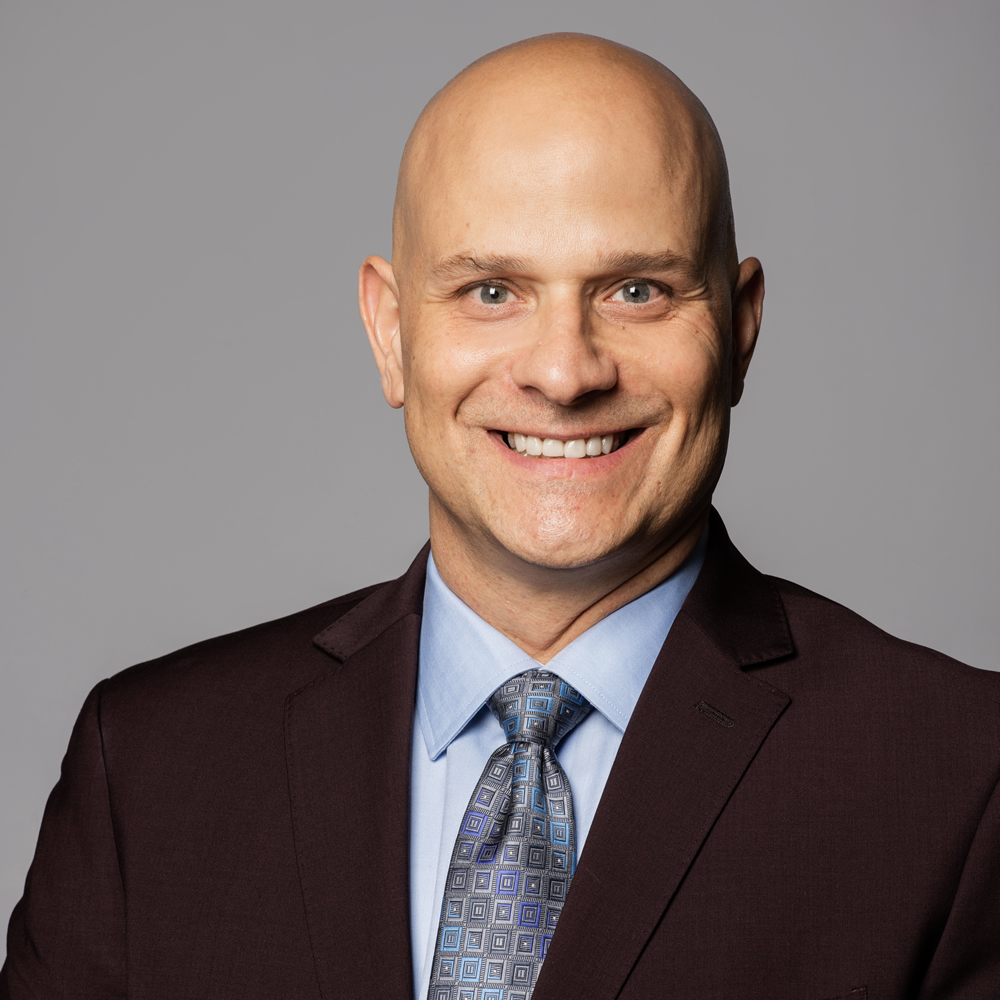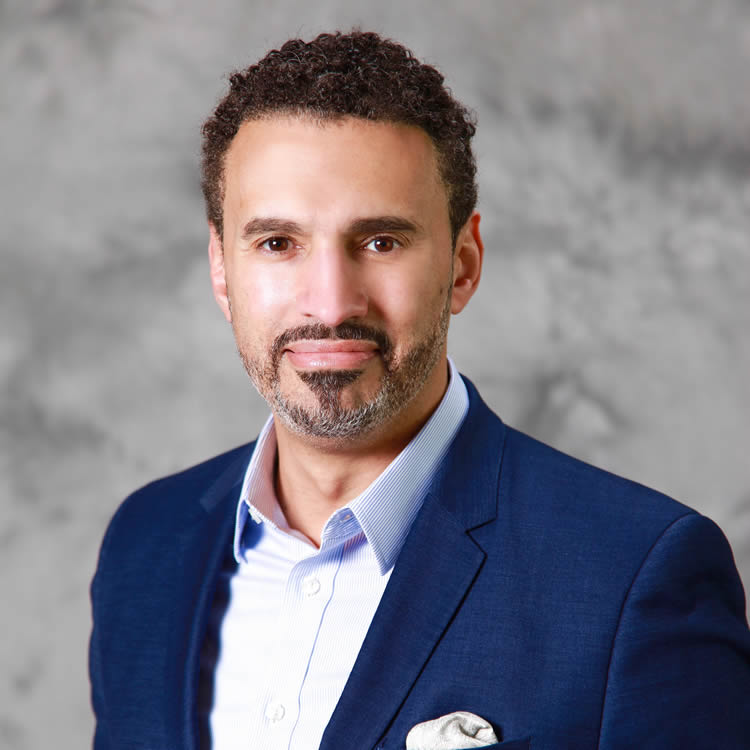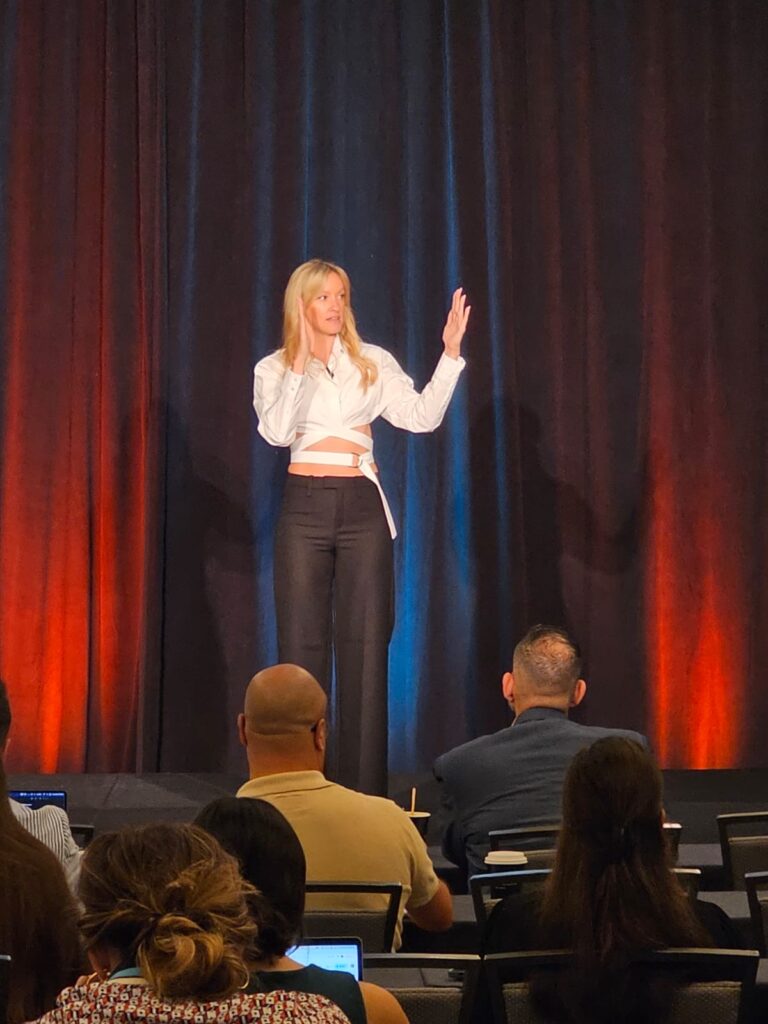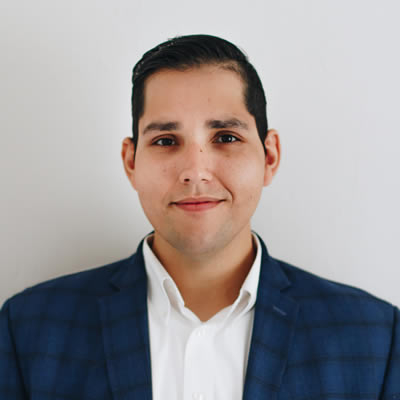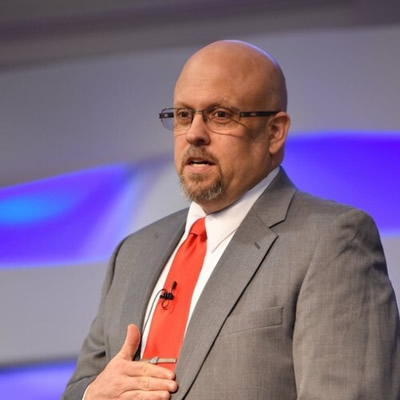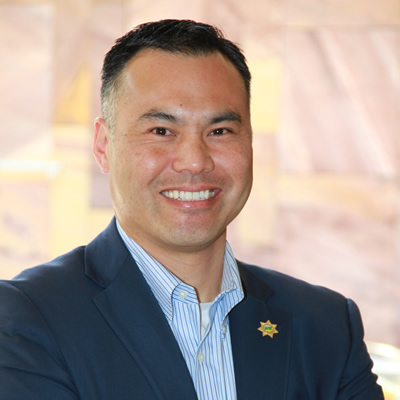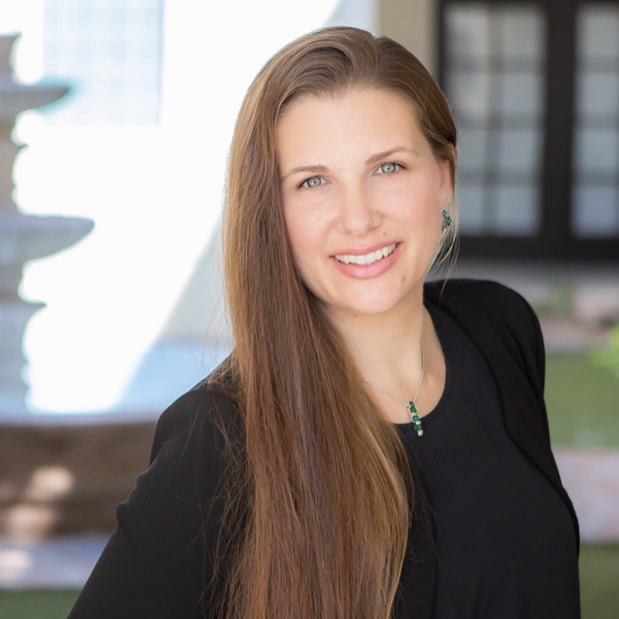Tomorrow is September 11th.
9/11/2001 is a day when the world changed. Thousands of people lost their lives, tens of thousands were directly impacted by that loss. Over the past twenty years, millions of people have had their lives changed as a result. The feelings evoked on this date are powerful and deeply personal for many. This post reflects my memories of that morning, and observations about what has been learned, or not learned, within the context of risk, crisis, and consequence management.
For those who find themselves in a dark place this weekend, know that you are not alone. We came together to respond to tragedy in 2001. Even in today’s polarized world we can stand together. Remember what was lost. And respect what has been sacrificed. I believe that one of the surest ways to express that respect is to learn from our experiences and apply that knowledge to better prepare for the potential tragedies of the future. It is in that spirit that I offer up this post.
– Aaron
On this date in history:
813 – Charles the Great crowns Louis I Emperor of the Holy Roman Empire
1814 – the U.S. Navy defeats the British in the Battle of Lake Champlain
1946 – the first mobile, long-distance, car-to-car telephone conversation takes place
1965 – Beatles’ “Help!” album goes #1
1977 – Atari releases their 2600 console in North America
2001 – Terrorists hijack four passenger aircrafts, crashing two into the World Trade Center in New York City (American Airlines Flight 11 and United Airlines Flight 175) and one into the Pentagon (American Airlines Flight 77). The third, United Airlines Flight 93, crashes into a Pennsylvania field after passengers and crew attempt to retake control.
I remember that morning.
I was on duty as the Chief Paramedic for a commercial ambulance provider in Rochester, New York, on September 11, 2001. It was a busy morning. I had already left my desk to cover calls. My partner and I were joining the triage line at Rochester General Hospital with an elderly patient when Flight 11 crashed into 1 WTC. There was a television in the E.D. waiting room that was showing one of the news networks. I remember hearing screams when the regular coverage was interrupted. The anchor cut to live footage of the smoking tower. I remember looking at my partner and telling her, “It’s early, but that’s going to be an ugly scene.” I called our dispatch center and told them to call in all our supervisors and start calling the off-duty crews to determine who would be available for deployment to New York City or to cover our commitments when the mutual-aid request came in.
We were still in the triage line when Flight 175 flew into 2 WTC. Five minutes later, my pager and cellphones were going off. The County was mobilizing all available resources. I pulled rank and jumped my patient to the front of the triage line. The E.D. staff were worried about what was going on in NYC, but they still had patients to care for. After another 15 minutes or so, I finally got my patient into a bed, and we headed back to the garage. Flight 77 crashed into the Pentagon as we were pulling out of the hospital parking lot.
2 WTC collapsed about five minutes after I got back to the ambulance base. The situation there was barely controlled chaos. On-duty crews were volunteering for the deployment. Off-duty crews were rolling in before being called. The supply and logistics team was putting together a push-pack of basic and advanced life support supplies and enough food, water, and personal hygiene supplies for the crews to be self-sufficient for up to a week.
On the leadership side, we were working to determine exactly what and how many resources we could send to NYC and still meet our commitments in Rochester. After some intense debate, we decided to err on the side of caution and only deploy four ALS crews and two supervisors. Four hours after the first plane hit 1 WTC, a caravan of Fire, EMS, and Law Enforcement resources left Rochester on the five-hour drive to NYC. I think they made it in three.
I stayed behind, minding the shop while the Owner and the Director of Operations went with our crews. We re-balanced our coverage plans and invoked the emergency clauses in our contracts to mitigate the impact of sending people and vehicles as part of the response. I don’t remember any pushback when I told people that our response times might be delayed because of the deployment.
Random people started coming to our building and walking up to crews posted around the region. Some had seen the news coverage of our ambulances heading to NYC. Others just wanted to show their support for first responders in general. Crews were telling stories about people buying them meals or bringing food and drinks to the rigs when they were on post. Everyone was talking about the FDNY losses, but they remembered that they also saw Ambulances on the television.
We ran short-staffed, burning overtime resources to cover for the crews who had deployed. Our call volume went up, primarily with mental health and substance abuse-related complaints. Everyone worried about what was going to happen next. I spent my time planning on crew rotation through NYC because we did not know how long that mission would last.
2,713 Civilians
343 Firefighters of the New York City Fire Department (FDNY)
8 On-Duty EMTs and Paramedics
3 Off-Duty or Volunteer EMTs
37 Police Officers of the Port Authority of New York and New Jersey Police Department
23 Police Officers of the New York City Police Department (NYPD)
3 New York State Court Officers
1 Patrolman from the New York Fire Patrol
The deployed crews spent five days in NYC, primarily providing medical coverage around the WTC site as The Pile was combed for survivors and then remains. They treated human and K9 patients for cuts and scrapes, physical and emotional exhaustion, and breathing problems. They slept in their rigs, and eventually on the USNS Comfort, before being demobilized and coming home.
We welcomed them back, bought everyone a nice meal, and then fell back into our routine work and sleep patterns. More than a few of us lost some sleep thinking about what the new age of terrorism could look like and how we would adapt to the new now.
It has been 20 years.
A lot has changed.
Or has it?
I’m not going to talk about the geopolitical environment or the Global War on Terror that spun up in the days after the WTC and the Pentagon attacks. There are plenty of people out there who know significantly more about those topics than I do.
I am going to talk about some things that I do know about: Risk, Crisis, and Consequence.
Risk
In terms of risk, our awareness has evolved. We have a much better understanding of how interdependent and interconnected our world is. Discussions about extended risk are now commonplace, and we are learning about new risks associated with good intentions when it comes to managing risk.
Our ability to understand risk has also improved. We are moving away from the traditional, 2-dimensional risk matrix approach to much more nuanced techniques to think about risk as more than probability and consequence. We are considering associated and extrapolated risk, looking at how managing one element may complicate another or create new aspects of risk that were unexpected.
Generational risk is moving to the forefront. Considerations about long-term threats such as Climate Change and Inequity and Inequality (both socially and economically) are becoming commonplace.
Over the past 20 years, our understanding of, and in some cases our willingness to engage with risk has expanded and improved exponentially. In this context, I think we are in a better place.
Crisis
Where our engagement with risk has improved over time, I am not as confident about our efforts in crisis management. In terms of the art and science of crisis management, we have made gains like those associated with risk. We are embracing the collective nature of the modern world, applying advancements in both the hard and soft sciences to enable adaptation to our environment, and actively working to shape the concept of crisis management.
Where we have not done as well is our individual and collective readiness for crisis.
Crisis is uncomfortable. It means that something is not going as planned or expected. Someone has acted negligently, criminally, or maliciously. Technology or infrastructure has failed. Or maybe Mother Nature has reminded us that she is the ultimate serial killer. As a society, we do not like to think about these things. We retreat into our safe space of “it cannot happen here.”
Immediately following 9/11, we recognized the futility of that retreat and aggressively stepped forward in what was to be a new age of preparedness. Plans were reviewed and updated. Entire new government bureaucracies were created, there was massive investment in prevention, protection, and response capabilities for terror-related threats. These all reflected a loss of innocence. The ultimate failure of “it cannot happen here.”
In the years since we have become complacent.
I cannot tell you the number of times I have been told “Prevention and Protection worked. We don’t need to continue investing in anything else.” Even as the world reminded us that there are more threats out there than terrorism, we continued to allow our elected and appointed officials to find things other than readiness to spend our limited resources on.
There are pockets of capability and capacity for effective crisis management scattered across the world. Individuals and organizations continue to apply the lessons learned from 9/11 and every one of the hundreds (thousands?) of crises since. Unfortunately, for each one of those lessons learned, there are even more lessons that have been lost.
It seems like the most common response to efforts to enhance preparedness starts with an excuse. “It is too expensive.” “It is too disruptive.” “It is too hard.”
In terms of crisis management, the jury is still out. We have made significant improvements in understanding the what and the how. Still, we continue to focus readiness on what happened before, to the detriment of watching the horizon for what might come from over the next hill.
Consequence
In the years since the 9/11 attacks, we have gotten extremely good at consequence management. I’m not sure if that is a good thing because most of that growth has been the result of experiencing some truly horrific consequences.
We have recognized that our preparedness is not necessarily the best, so we emphasize flexibility in our ability to respond to and manage incidents and consequences. More and more organizations are focusing on developing capability and capacity that can be applied across multiple types of consequences, regardless of the triggering threat or hazard.
Nontraditional partners and organizations, such as environmental and occupational health and safety organizations, mental and emotional health professionals, and others, are playing a more prominent role in consequence management. We have learned that consequences include much, much more than what we can see or touch.
Continuity, both business and operational, is becoming a mainstream concept. If nothing else, the COVID-19 crisis has taught us the value of alternate facilities for work and the impacts of prolonged stress on critical infrastructure and supply chains.
With these lessons that we seem to be learning, we still have one lesson that seems to be lost almost every time. There is value in planning. In building relationships and understanding as we work together to figure out how an organization or community might deal with the consequences of an incident or crisis. But that value cannot move beyond an academic or theoretical level until we test those plans. It seems to me that most organizations are willing to let that testing wait for a real-world opportunity to demonstrate the strengths and weaknesses of a plan instead of investing in exercises that enable the same type of learning in a more controlled, safer environment.
The Bottom Line
A lot has changed since 9/11/01. Some of those changes have been positive, some not so much.
For the most part, within the context of Risk, Crisis, and Consequence, I think we are in a better place than we were 20 years ago.
We have learned some hard lessons, paying for them in blood, sweat, and tears. Now we must continue working to rediscover the lessons that have been misplaced and see if we can reclaim that experience before we must learn them again. The hard way.
Aaron Marks is a Senior Principal with Dynamis, Inc. where he supports clients across the domestic National and Homeland Security communities and international public safety enterprise. He provides operational and subject matter expertise in intelligence analysis and targeting, disaster preparedness, crisis and incident management, and continuity of operations for healthcare related concerns. Aaron has provided in-depth review, assessment, and analysis for technology, policy, and operational programs impacting all levels of government. He is a recognized authority on the application of nontraditional techniques and methodologies to meet the unique requirements of training, evaluation, and analytic games and exercise for the National and Homeland Security communities.
Prior to joining Dynamis, Aaron was the Director of Operations for a commercial ambulance and Emergency Medical Services (EMS) provider in western New York State where he participated in the integration of commercial EMS and medical transportation resources into the local Trauma System. During his 30-year career Aaron has worked in almost every aspect of EMS except fleet services. This includes experience in Hazardous Materials and Tactical Medicine, provision of prehospital care in urban, suburban, rural, and frontier environments, and acting as a team leader for both ground and aeromedical Critical Care Transport Teams.
Aaron is a Master Exercise Practitioner and received a B.A. in Psychology from Texas Tech University in Lubbock, Texas and a master’s degree in Public Administration with a focus in Emergency Management from Jacksonville State University in Jacksonville, Alabama. He is also a Nationally Registered Paramedic and currently practices as an Assistant Chief with the Amissville Volunteer Fire and Rescue Department, Amissville Virginia.

